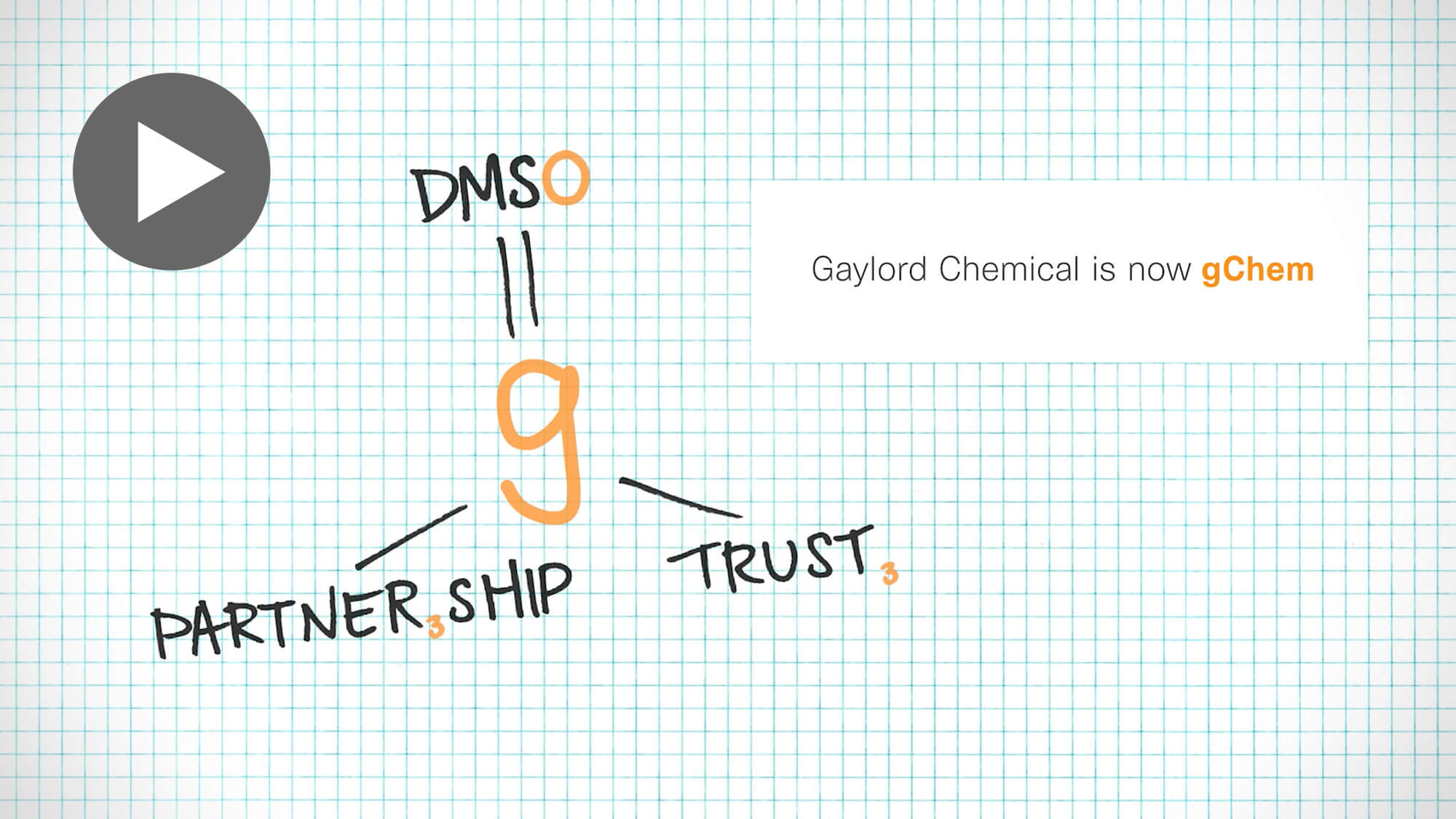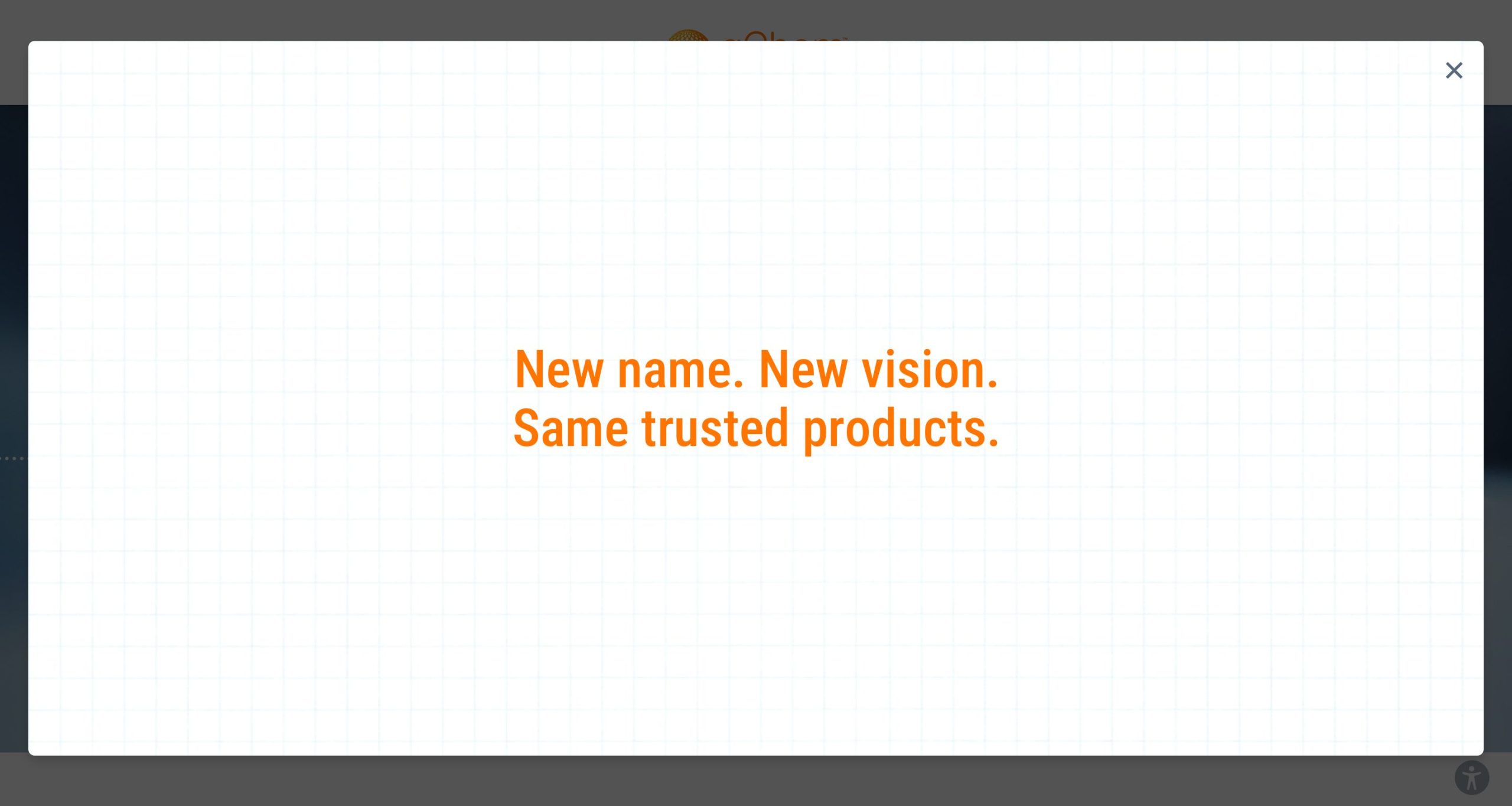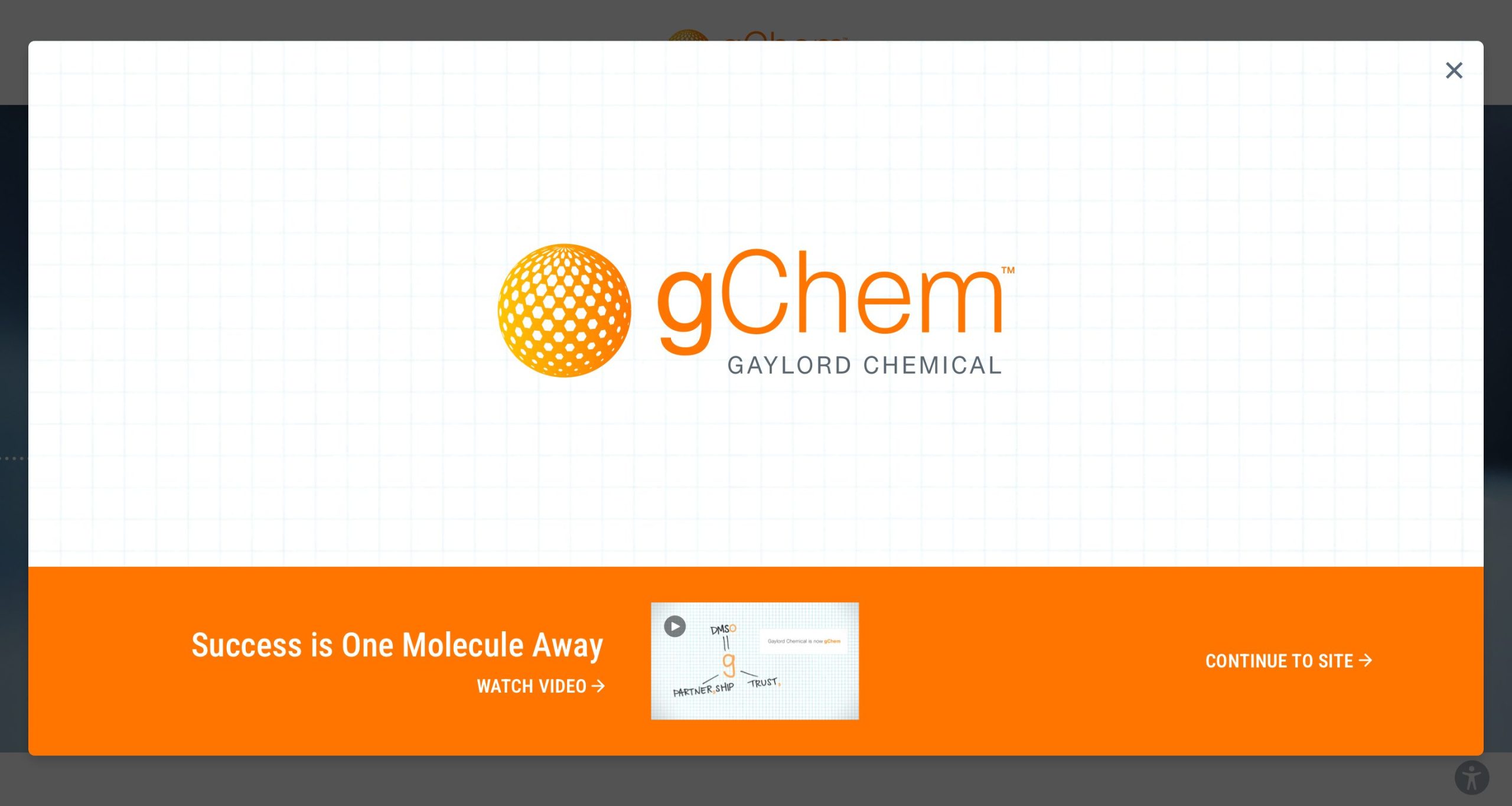Gaylord recommends the usage of tubular vials for finished pharmaceuticals containing Procipient. Table 1 shows commercially available vials which are compatible with Procipient. Always remember that every formulation is different. We advise the use of accelerated stability testing to demonstrate compatibility between packaging material and your product.
The usage of USP Type I Borosilicate Glass containers for packaging parental and non-parental products is suggested[i]. This type of glass is ideal for injectables[ii], in solution or powder, and can be sterilized. Ampoules, vials and syringes for injectable/powder solutions are available in USP Type I glass. Bottles should be used for powdered drug substances.
As referenced in USP <660>, If protection against pH shifting and alkali extraction is needed, Type II glass should be used. The use of Type II glass is recommended if the preparation remains below pH 7 during its shelf life[iii]. Molded Glass containers are usually USP Type II and Type III Glass.
For storage of bulk drug intermediates, transport of APIs and manufacturing of pharmaceutical products we recommend DURAN® PURE (referenced in table 1).
For storage and clinical applications, the use of USP Type II or Type III containers is recommended. If your formulation is in a liquid or serum form, a Type II vial may work for you. In the case the formulation is in a lyophilized form, a Type III container would be useful. Again, always confirm material compatibility prior to selection of packaging material.
An alternative to glass which is compatible with Procipient is High Density Polyethylene (HDPE). Table 2 provides an example of HDPE Bottles that may be used to store formulations.
[i] USP <1660>
[ii] BIOMED (https://biomed.co.th/)
[iii] Wheaton Containers Guide (www.dwk.com)







